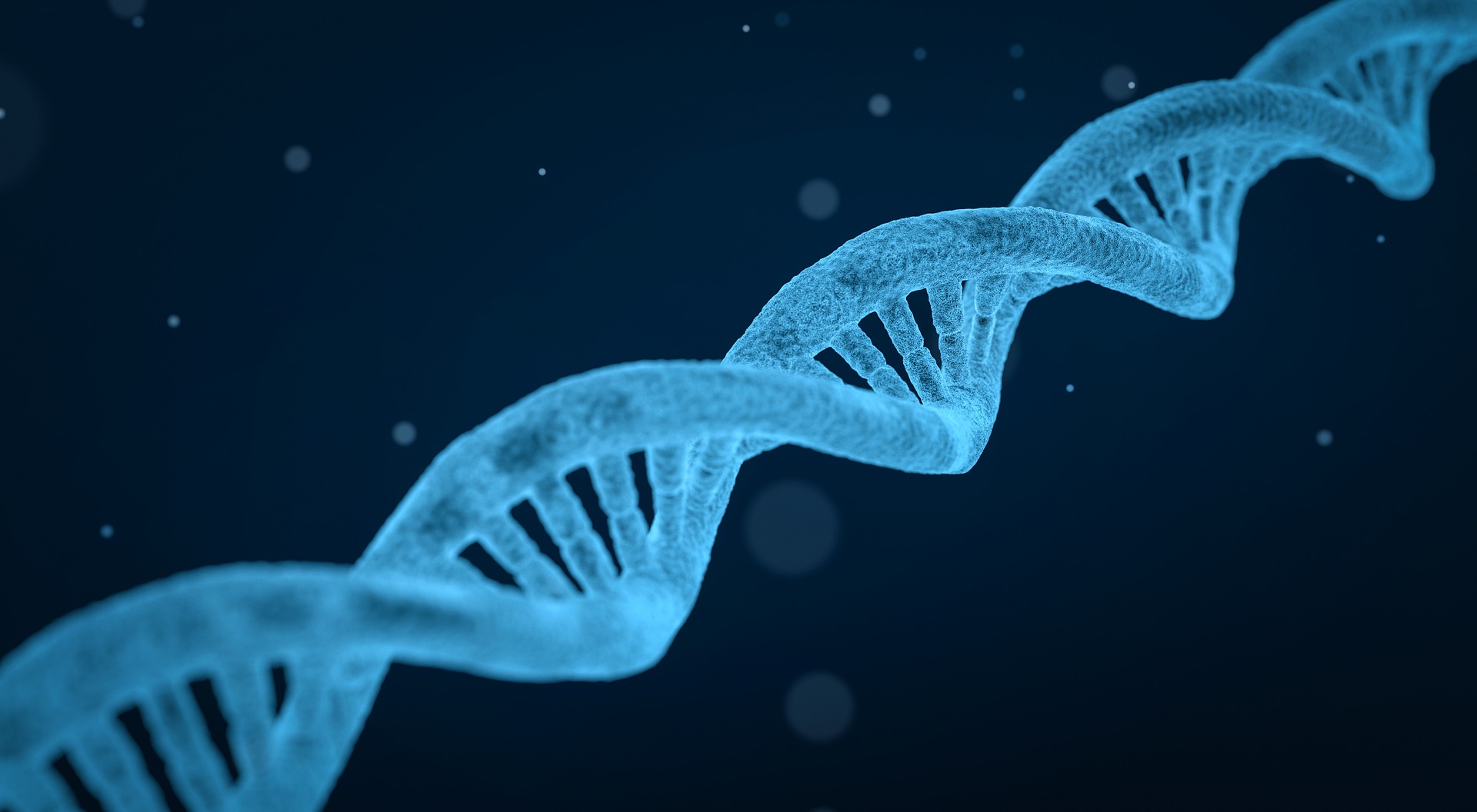Expert Reaction
These comments have been collated by the Science Media Centre to provide a variety of expert perspectives on this issue. Feel free to use these quotes in your stories. Views expressed are the personal opinions of the experts named. They do not represent the views of the SMC or any other organisation unless specifically stated.
Dr Richard Matthews is a forensic scientist from the School of Electrical and Electronic Engineering at the University of Adelaide and an Editorial board Member for Forensic Science International: Digital Investigation
For the past decade, the forensic sciences as a discipline have undergone significant review to eliminate pseudoscientific practices. DNA was once held as the gold standard for forensic evidence. The finding of the Queensland Inquiry now brings into question that assumption, highlighting that it is only valid when the science is correctly practised.
DNA has the power to exonerate as well as convict. When the science is not practised correctly, when the expert makes a statement which is beyond their expertise, lives can be destroyed. The innocent will be imprisoned and the guilty will walk free. Resources of the State will be wasted.
In the wake of the Inquiry the community can trust that DNA remains a valid source of forensic evidence. However, the science must be practised correctly with correct quality assurance measures in place. Laboratories should be independently accredited.
Cases like this highlight the need for greater scrutiny and overarching regulation of expert witness evidence in Australia. Our judges act as gatekeepers to the court. Too much reliance is often placed on experts when judges do not understand the science.
Practitioners should be reminded that we must constantly evaluate our methods and ensure we are practising valid, credible and quality science.



 Australia; QLD; SA
Australia; QLD; SA


